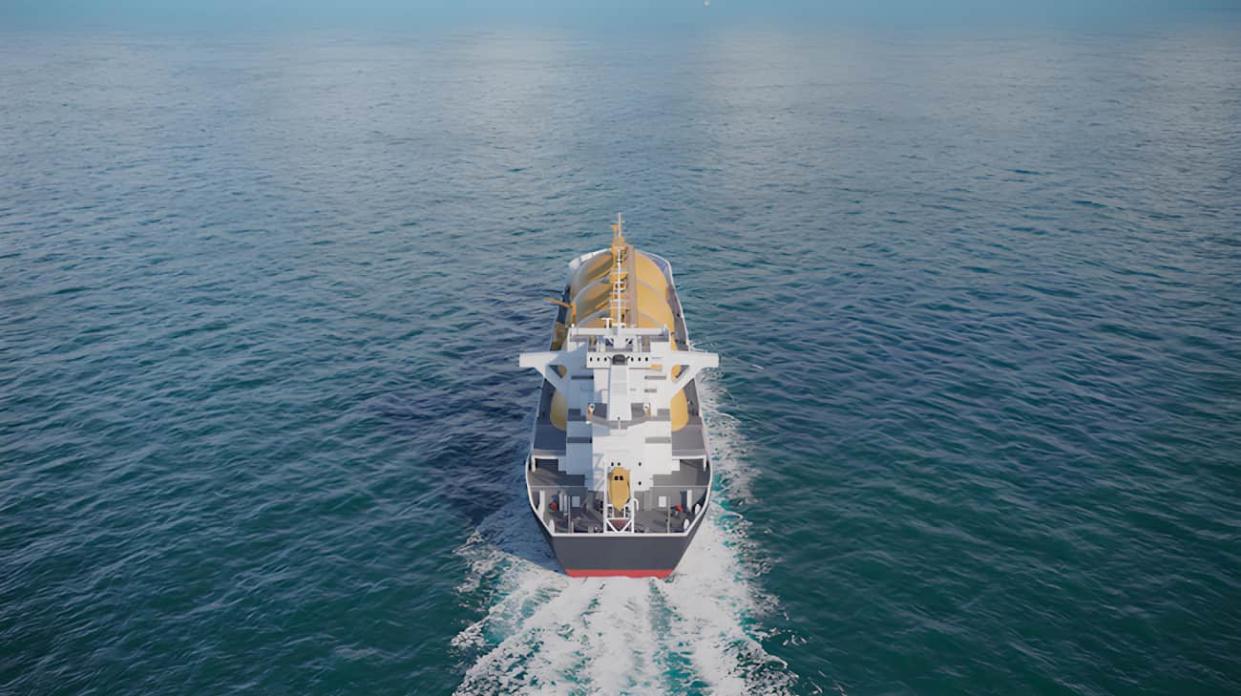Europe seems to have adapted to life without Russian gas

European countries dealing with recent transportation issues in the Middle East have not experienced an increase in gas prices, which may indicate their success in weaning themselves off Russian gas.
Source: Bloomberg
Details: Although the dangers of shipping through the Red Sea have forced carriers to take a longer route, the price of Qatari gas for Europeans has not increased, and electricity costs have remained stable since the crisis.
Basic European electricity prices are now trading at less than €30 per megawatt-hour, or roughly one-tenth of their peak levels in 2022.
It is thought to be a strong indication that the worst nightmare, which sent energy bills skyrocketing and inflation to multi-year highs in 2022, is over.
Europe took a responsible approach to preparation and accumulated record volumes of gas.
Furthermore, Europeans actively used renewable energy sources, allowing them to diversify their consumption while quietly passing through the crisis.
Factors such as a mild winter and a slowdown in economic growth all had an impact, reducing gas consumption needs in industrial giants like Germany.
However, the issue of a new approach to energy policy, utilising liquefied gas and alternative sources, is more unpredictable. Today, Europeans will be more affected by external factors, such as geopolitical realities, which will impact energy supplies.
Background:
EU member states that still consume gas from the Russian Federation should begin preparations for the suspension of the transit of Russian gas through Ukraine, which will take place at the end of 2024, after the contract expires.
Vincent Clerc, chief executive of the shipping giant AP Møller-Maersk, has warned that it could take months to restore the important trade route through the Red Sea, threatening an economic and inflationary blow to the global economy, companies and consumers.
Support UP or become our patron!

